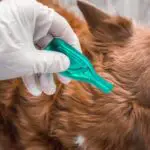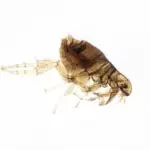Do Fleas Cause Hair Loss in Cats?
It is important to check your pet for fleas to avoid hair loss. These parasitic creatures can cause itching, sores, and bald patches. Your pet may also chew or bite their fur, as a result of the itch. Luckily, there are several ways to treat a cat’s flea infestation.
First of all, it is crucial to determine the source of your cat’s hair loss. The most common cause is fleas. These parasites live in warm climates and can cause excessive hair loss. To treat this problem, you can consult a veterinarian and ask for a flea preventative.
If your cat does not respond to flea treatment, he or she may be suffering from atopy, which is similar to human allergies. Atopy can be caused by other factors, including food and house dust mites. In some cases, the allergens are absorbed directly into the cat’s skin.
Other common causes of hair loss in cats are cigarette smoke, perfumes, and chemically treated surfaces. Poor diet can also cause hair thinning in your pet. In addition, a cat’s hair can appear thin or dull if blood circulation is compromised. Various hormones influence the growth of hair. When there are abnormal levels of certain hormones, the hair may grow too thick or too thin. Some medications can cause hair loss in cats, such as steroids, or injected vaccines.
Another possible cause of hair loss in cats is ringworm. Ringworm is spread by contact with infected animals and can lead to bald spots. Antifungal shampoos or creams can be used to treat ringworm in cats.







